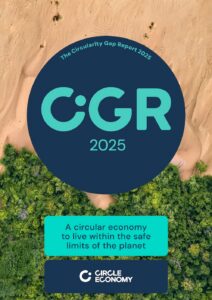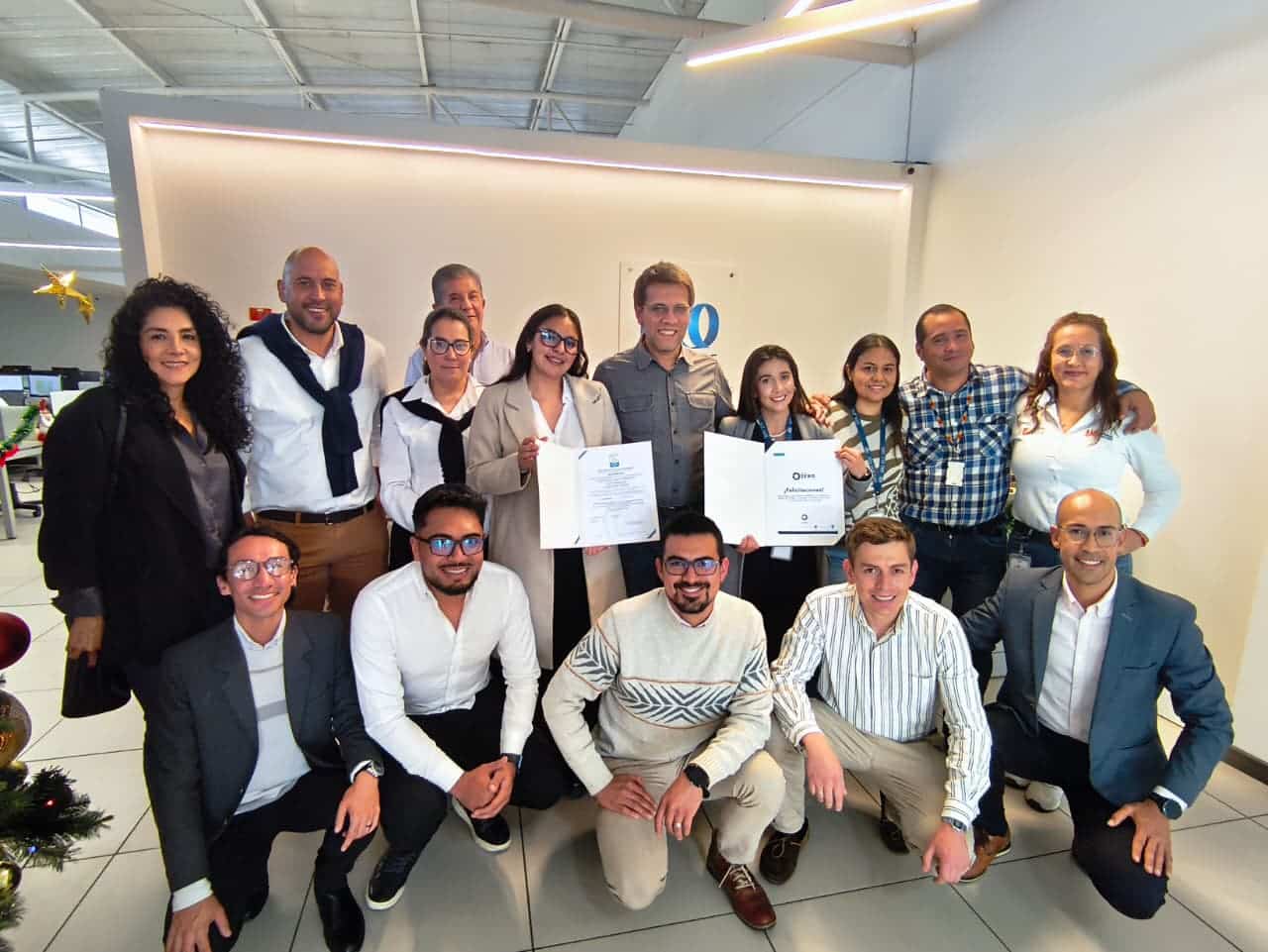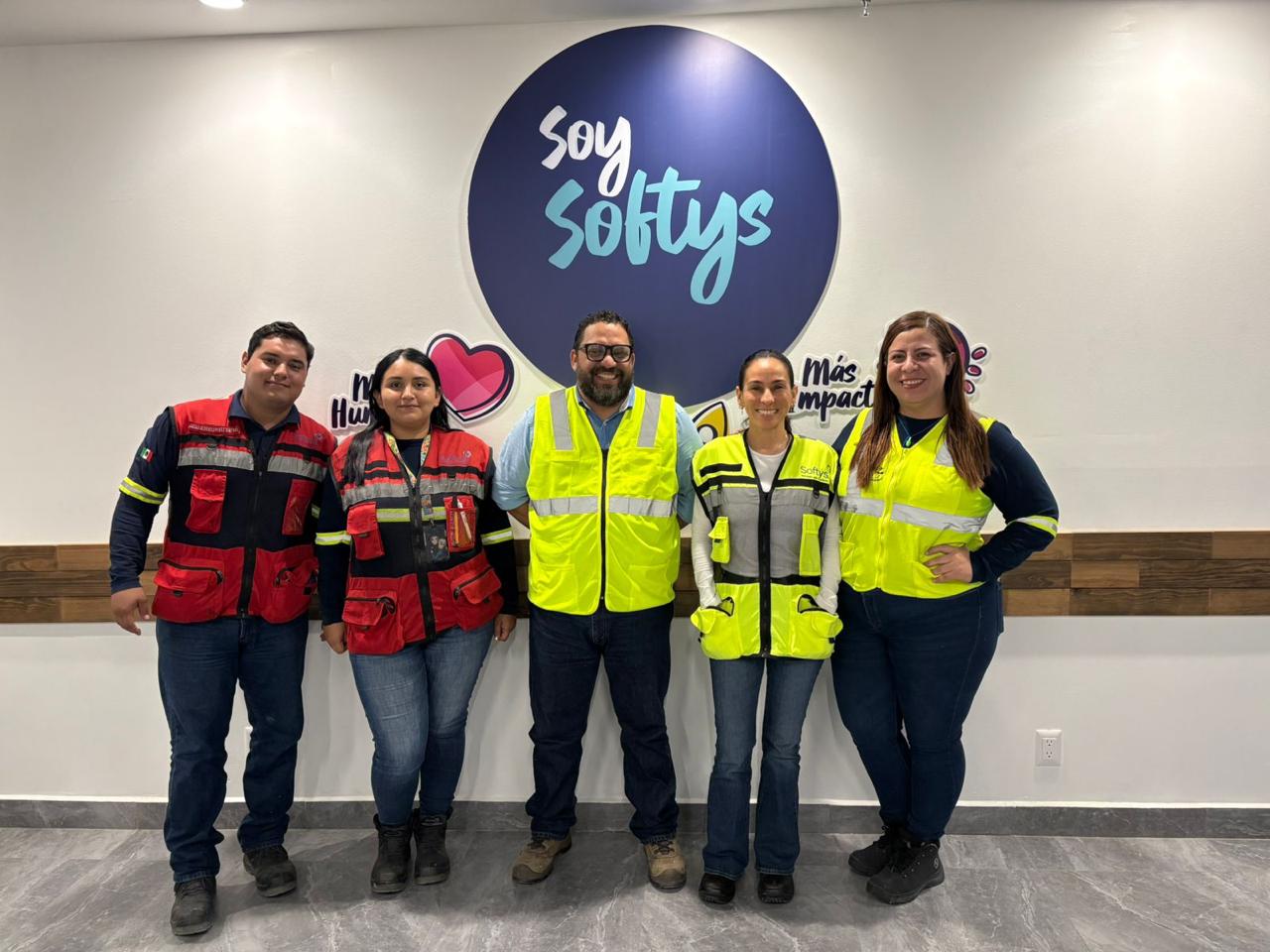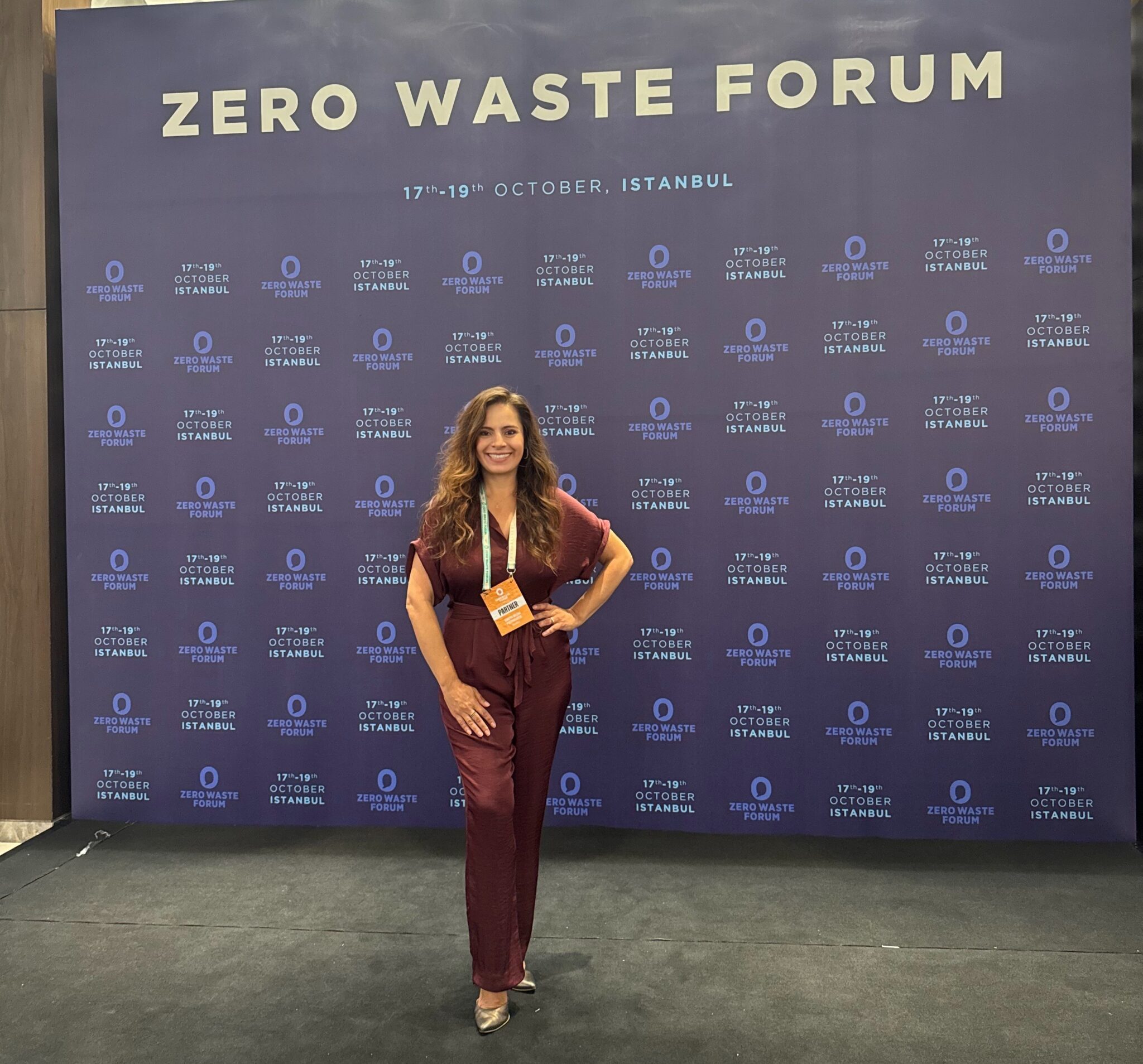A world reinventing itself towards sustainability
The circular economy is no longer a promise but a reality that redefines the way we produce, consume and manage resources.
However, its global implementation faces significant challenges that demand cooperation, innovation and leadership.
In recent years, circularity has gained momentum as an economic, environmental and social strategy that drives the resource efficiency, The company is also working to reduce waste generation and promote new business models. But how far have we come and what challenges remain?
Advances that transform industries and territories

According to the Circularity Gap Report 2025, just the 8.6% of the world economy is truly circular, but the pace of change is increasing year after year.
Europe continues to lead the way with robust transition policies, while Latin America is beginning to consolidate regulatory frameworks, public-private partnerships and business strategies that drive change.
In countries such as Spain, for example, the waste management sector faces an ambitious goal: invest more than 6.5 billion euros to meet recycling targets by 2035 (according to Gonzalo Cañete, CEO of PreZero). This investment represents not only an environmental commitment, but also an economic and social opportunity.
Structural challenges in the Latin American region
In Latin America, circularity still faces structural gaps:
- Insufficient infrastructure for waste collection and recovery.
- Lack of financial incentives for circular innovation projects.
- Disarticulation between public policies, industry and citizenship.
- Poor traceability and transparency in material flows.
However, an increasing number of companies and local governments are betting on Zero Waste strategies, The company's waste management systems, certifications and programs to ensure responsible and traceable waste management.
“Circularity doesn't start with waste, it starts with people.”
- Global Zero Waste
Opportunities for the circular future
The adoption of circular models is not only an environmental action, but a new paradigm of competitiveness and business sustainability.
From product redesign to reverse logistics and energy efficiency, each innovation contributes to a more resilient production ecosystem.
For organizations, this represents an opportunity for leadership and differentiation: to be part of the change that transforms waste into resources and policies into action.
Towards a circular economy with purpose
The transition to a global circular economy requires more than clean technologies; it requires vision, education and multi-sectoral collaboration.
At Global Zero Waste, we reaffirm our commitment to accompany organizations on this path, promoting tools, certifications and training to make sustainability a driver of progress.
Learn more about our actions and projects in sustainability. or participate in our upcoming workshops and international forums.







